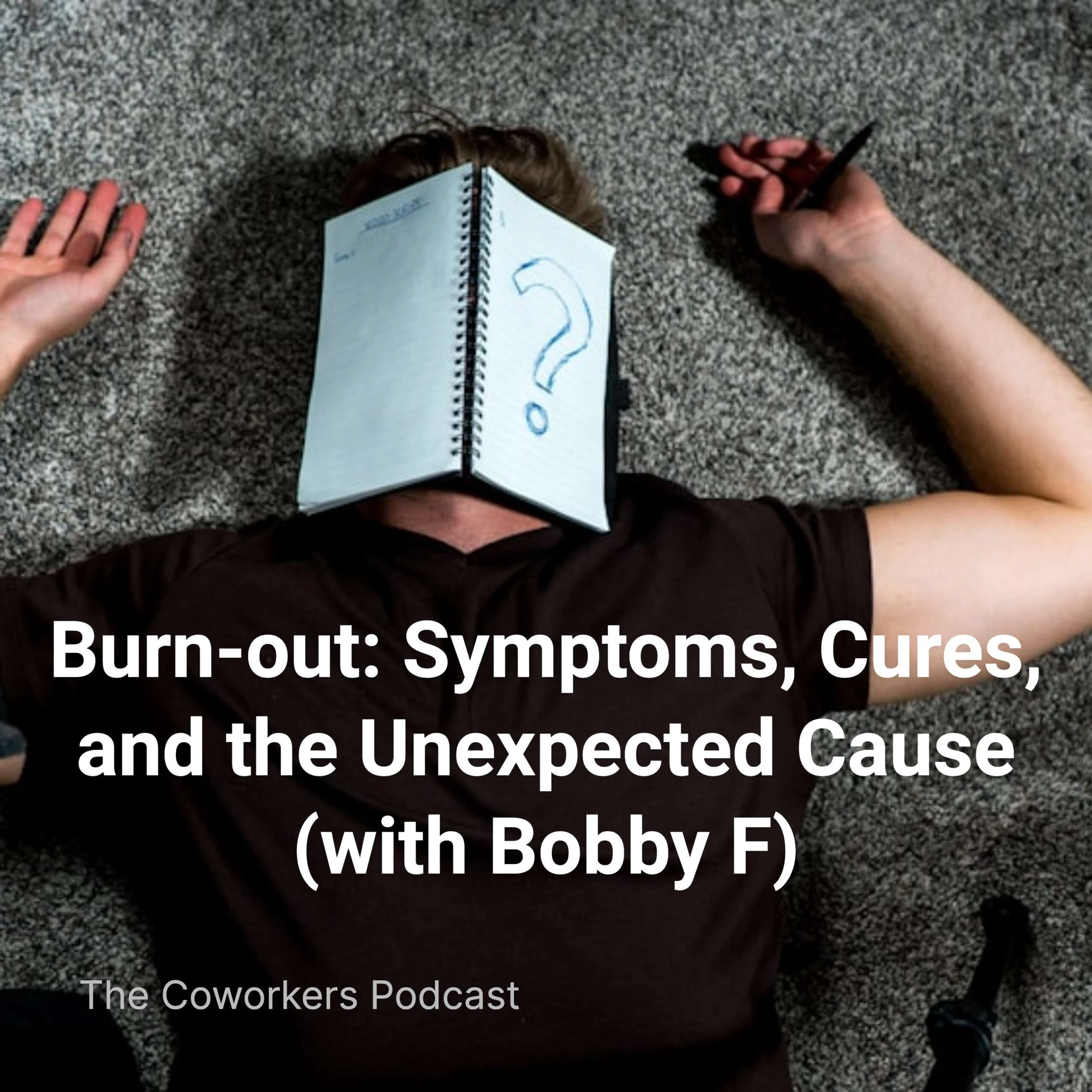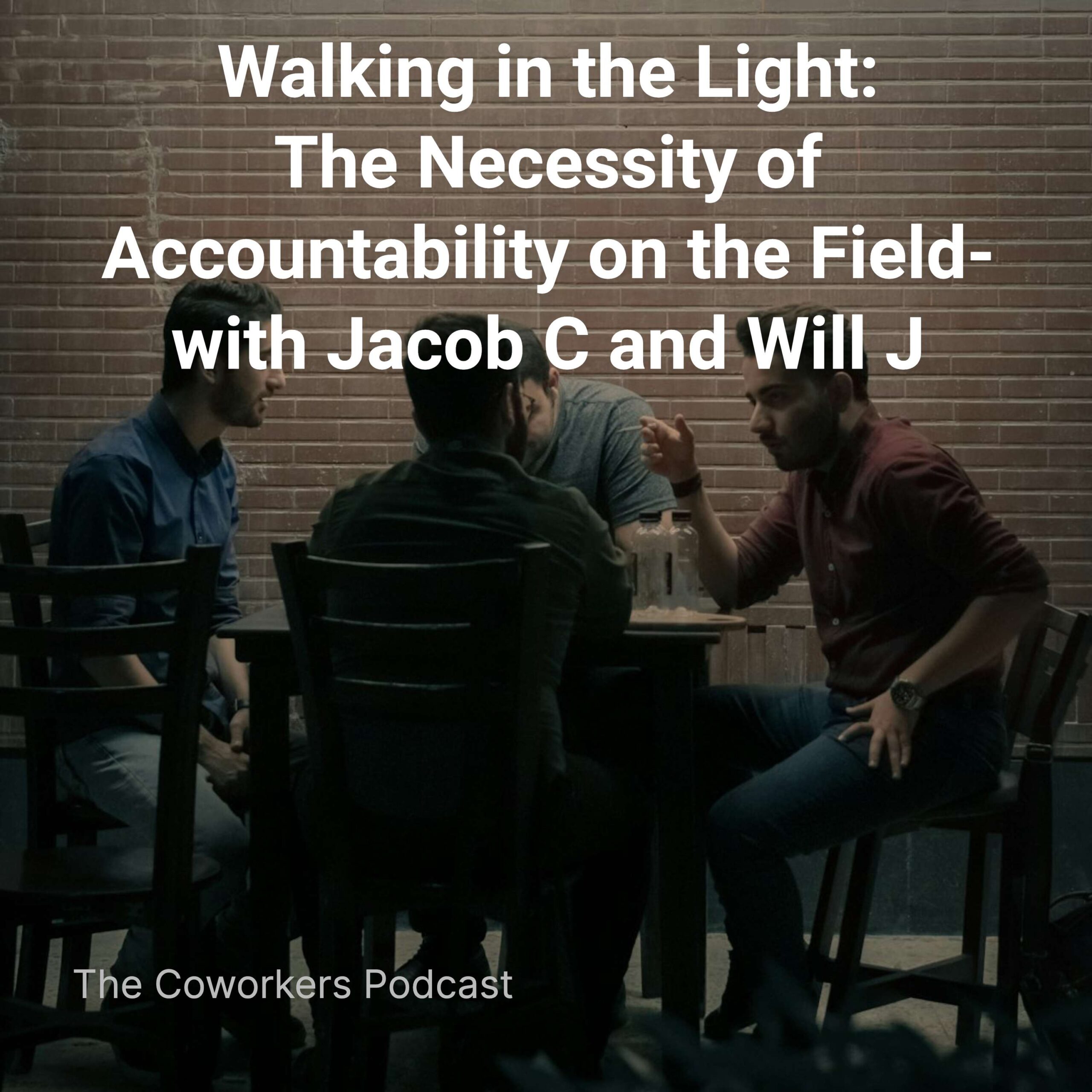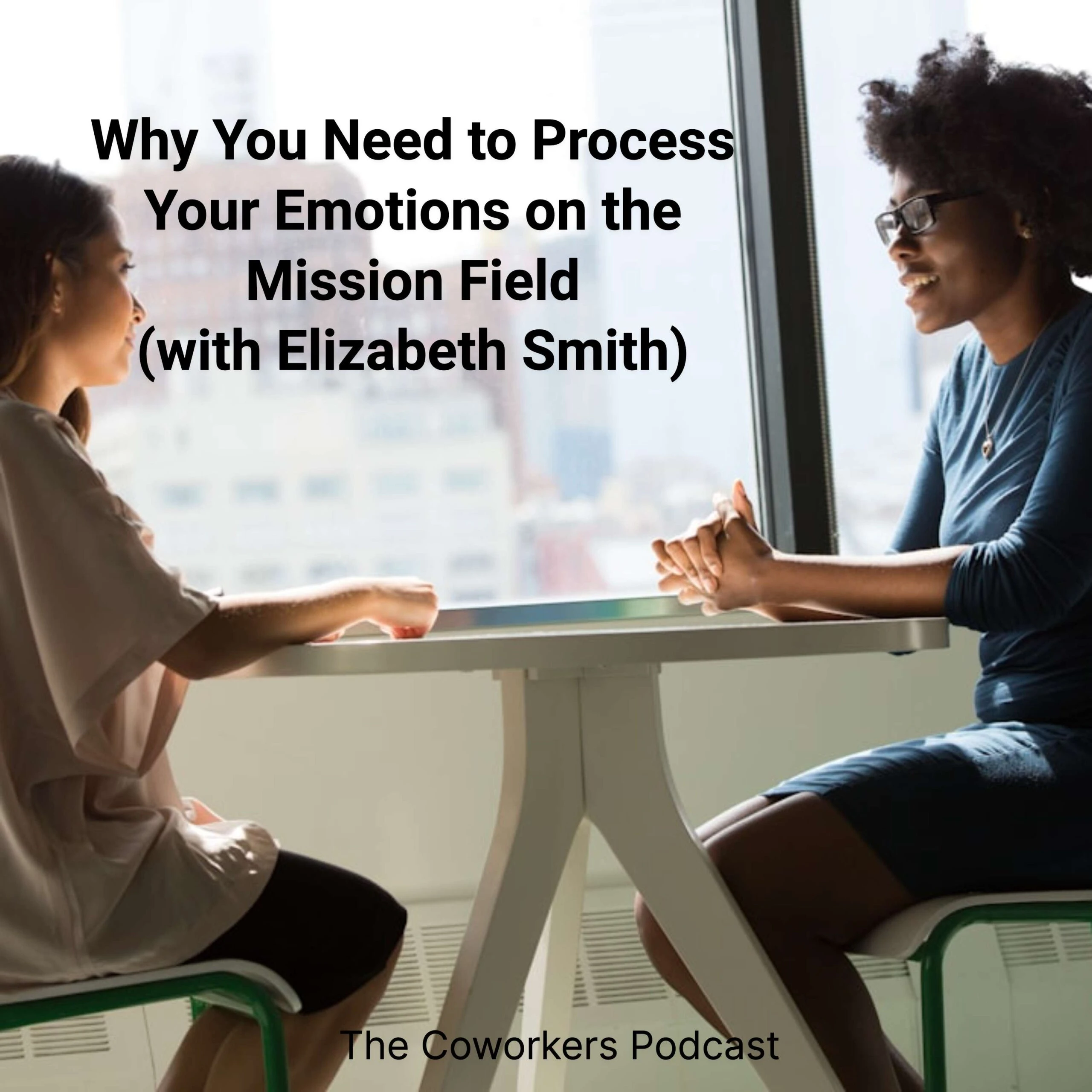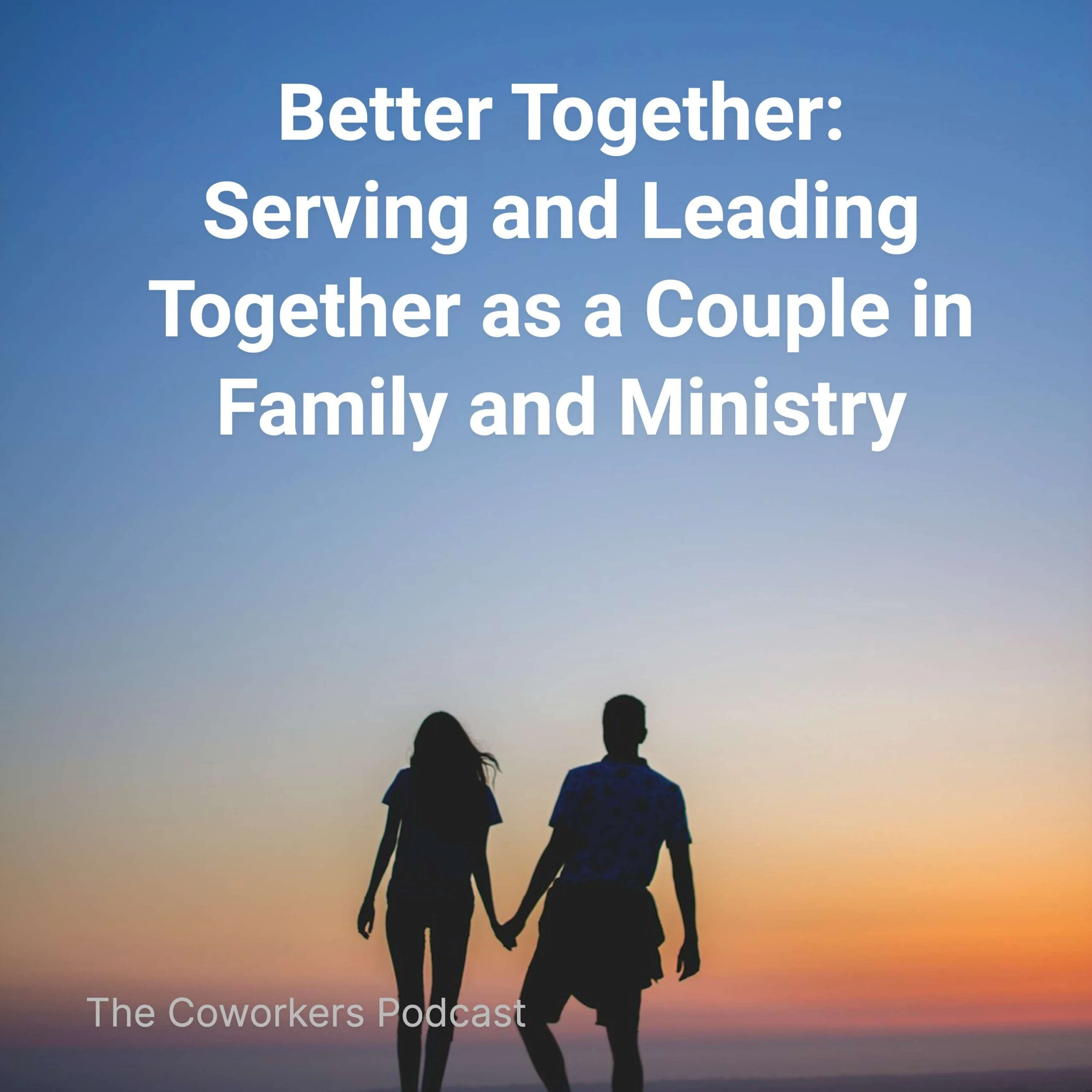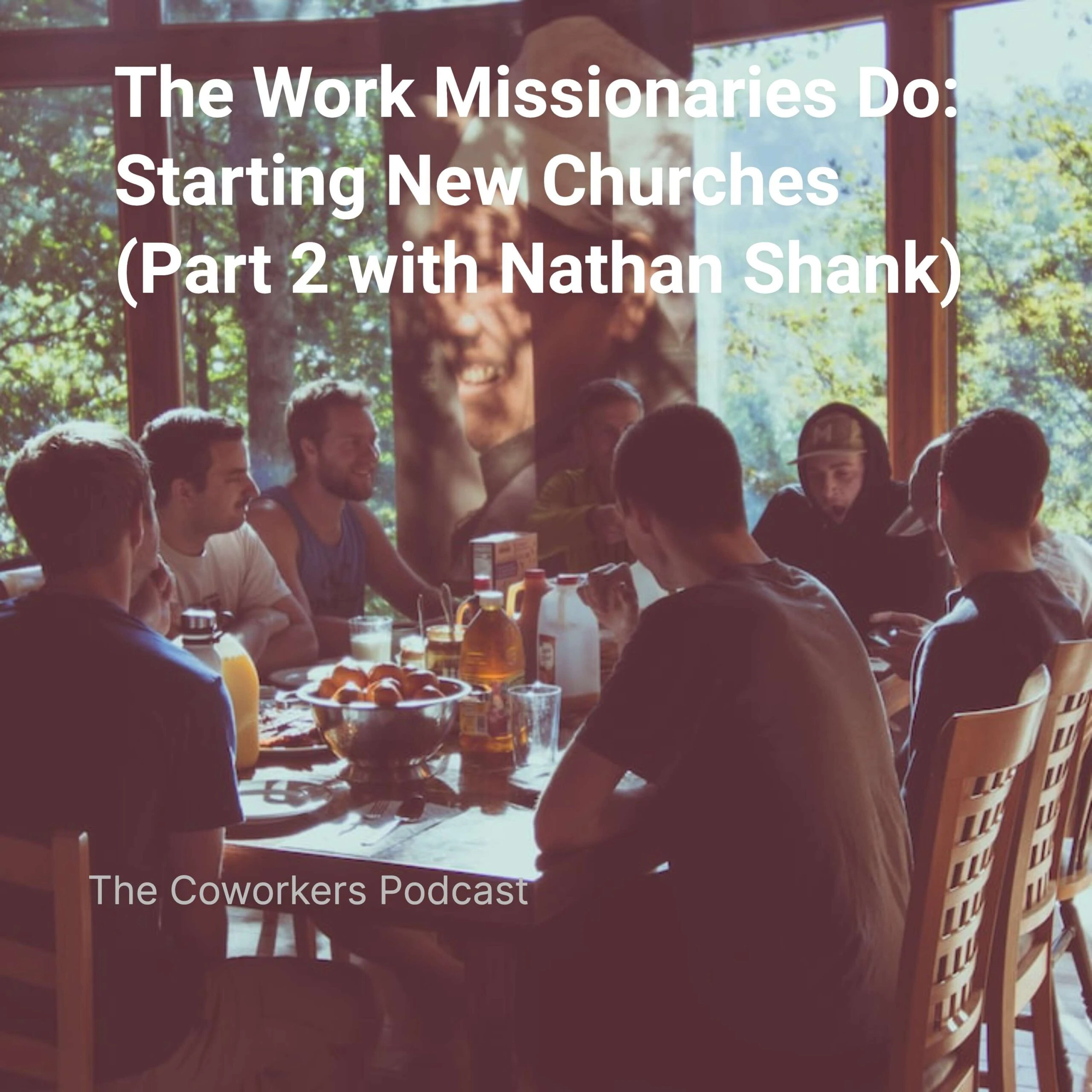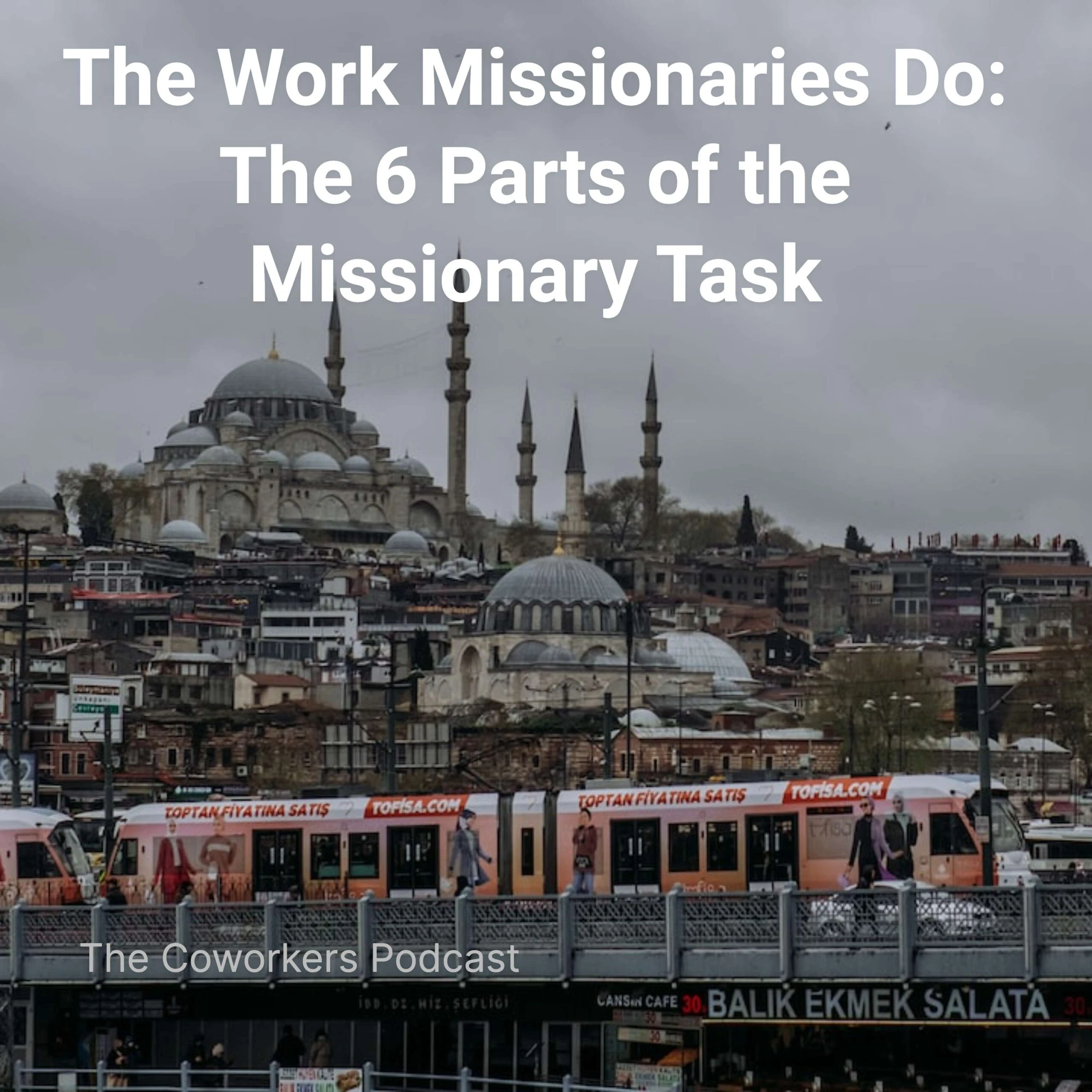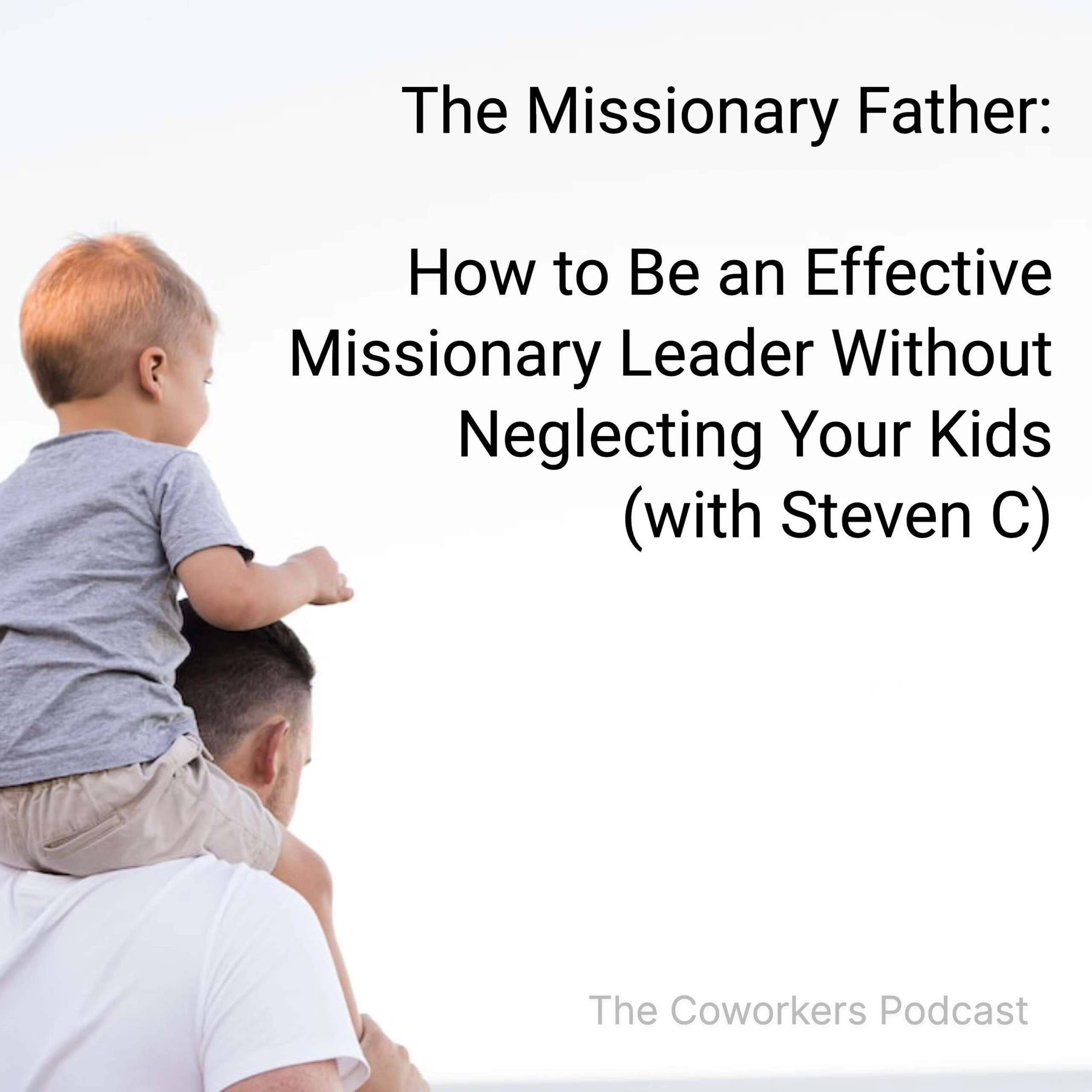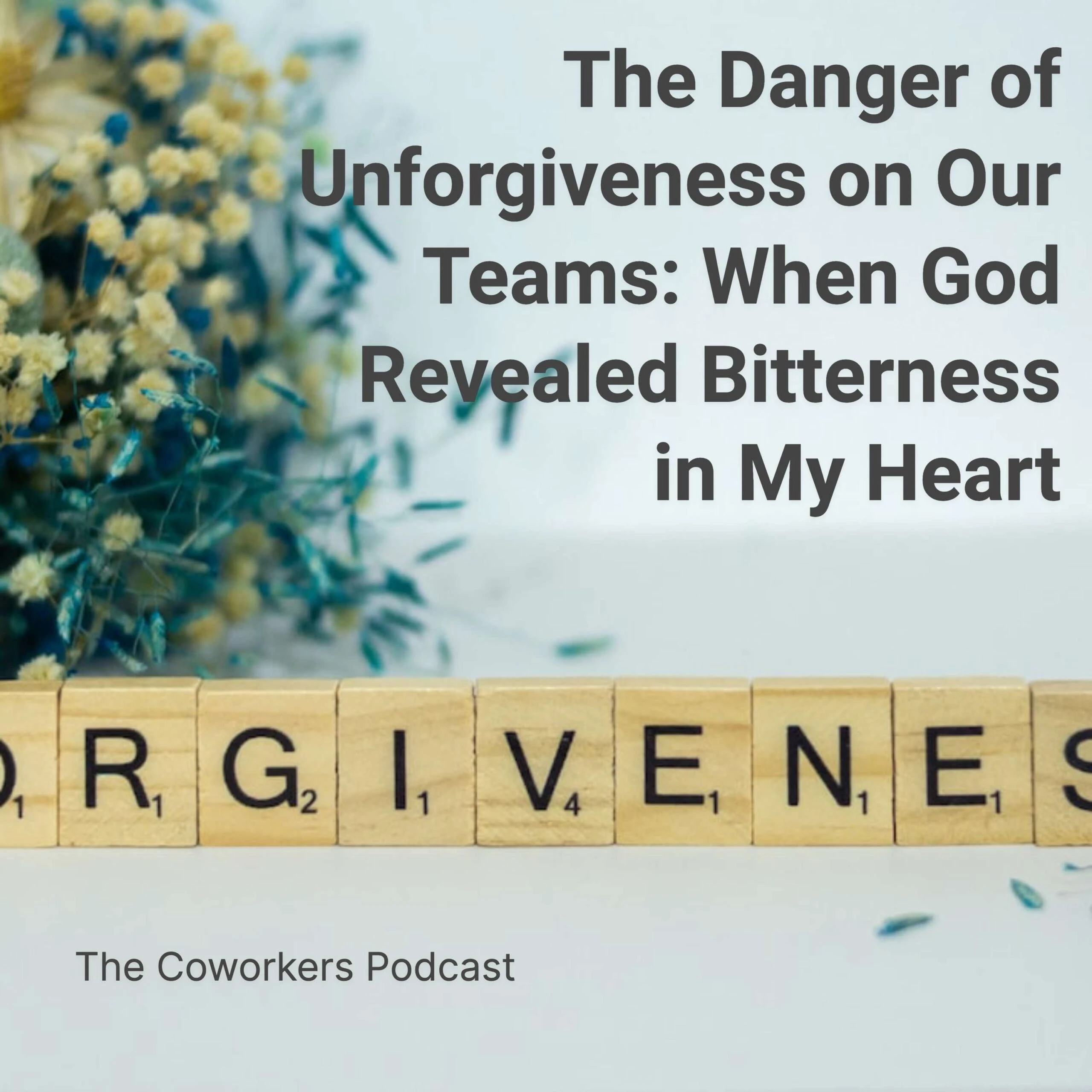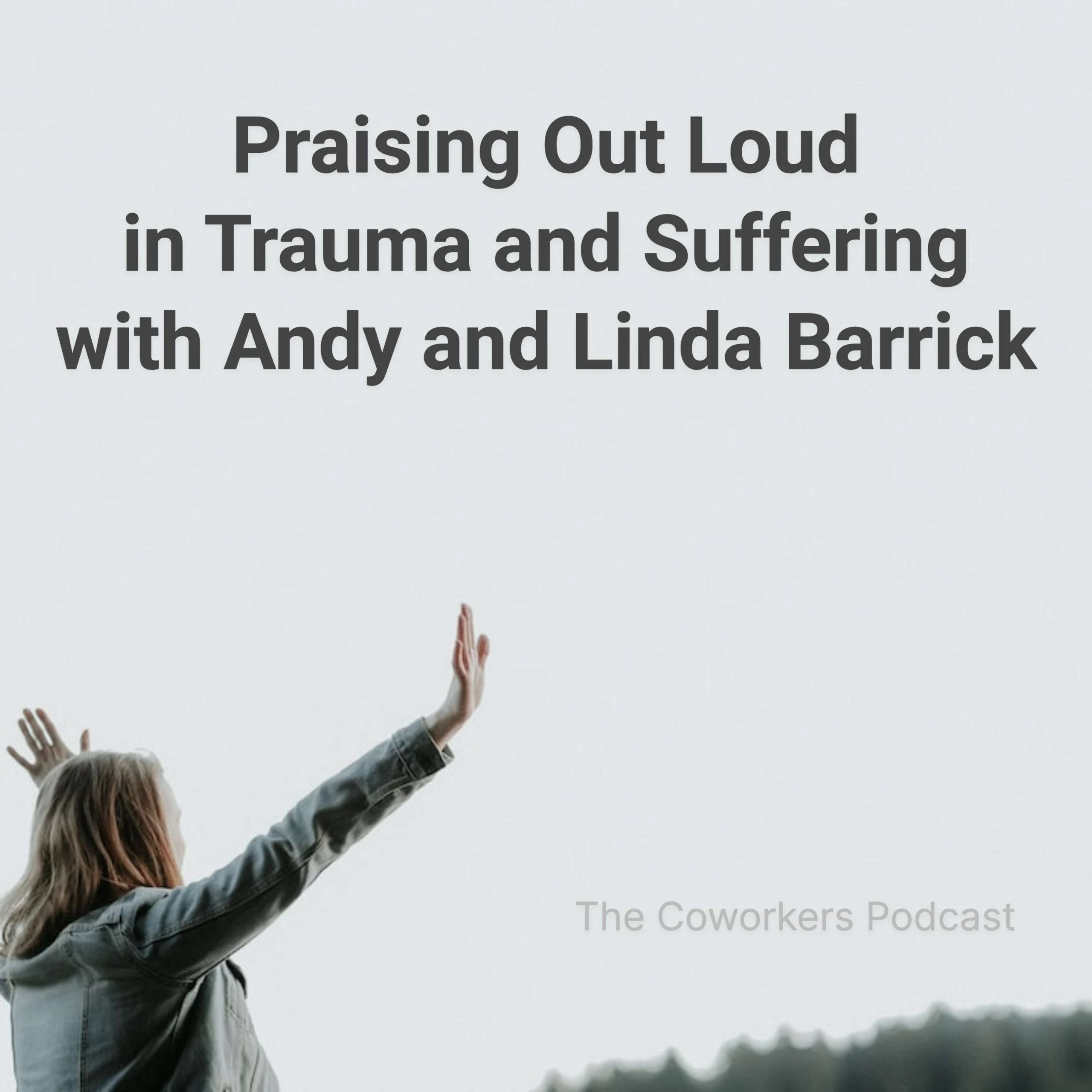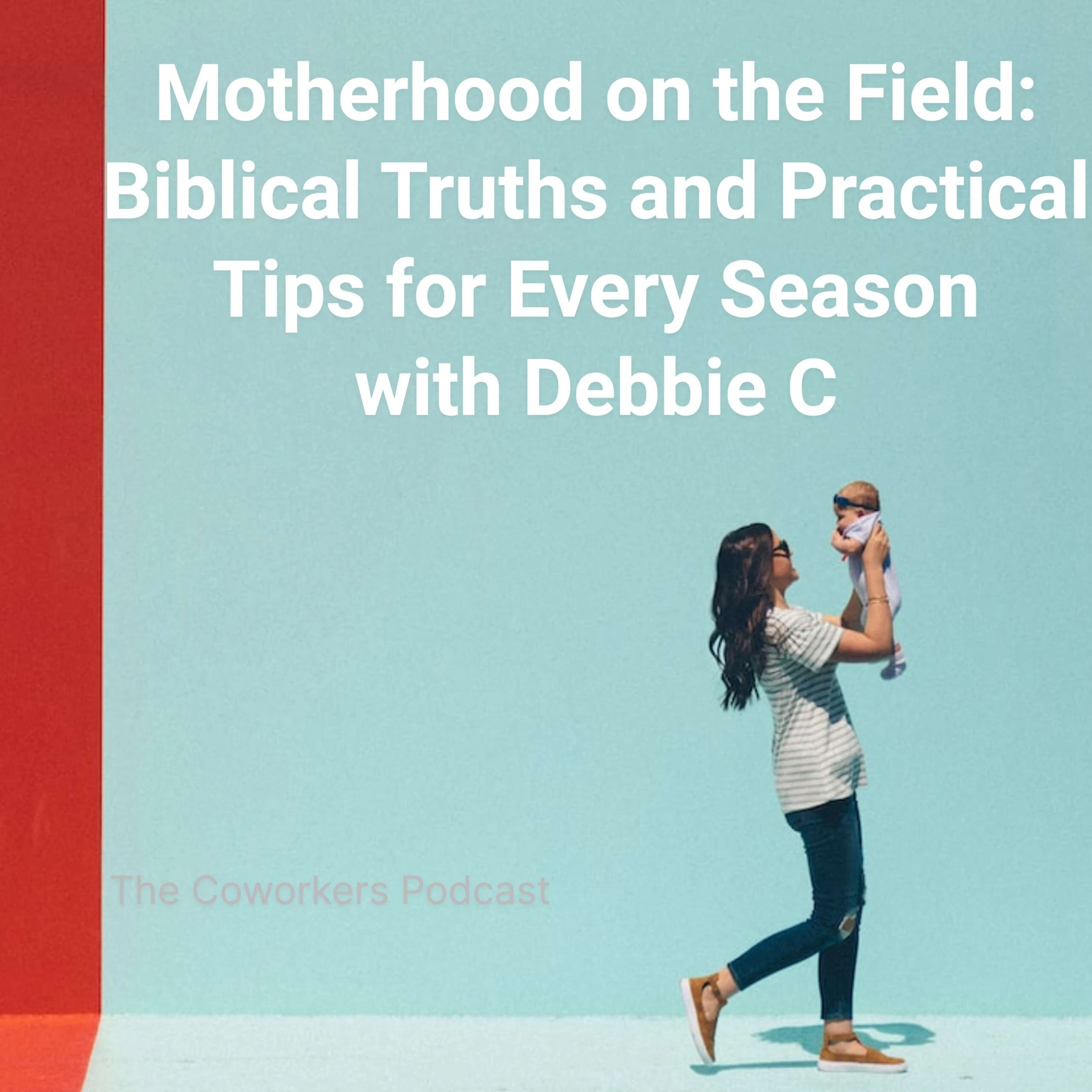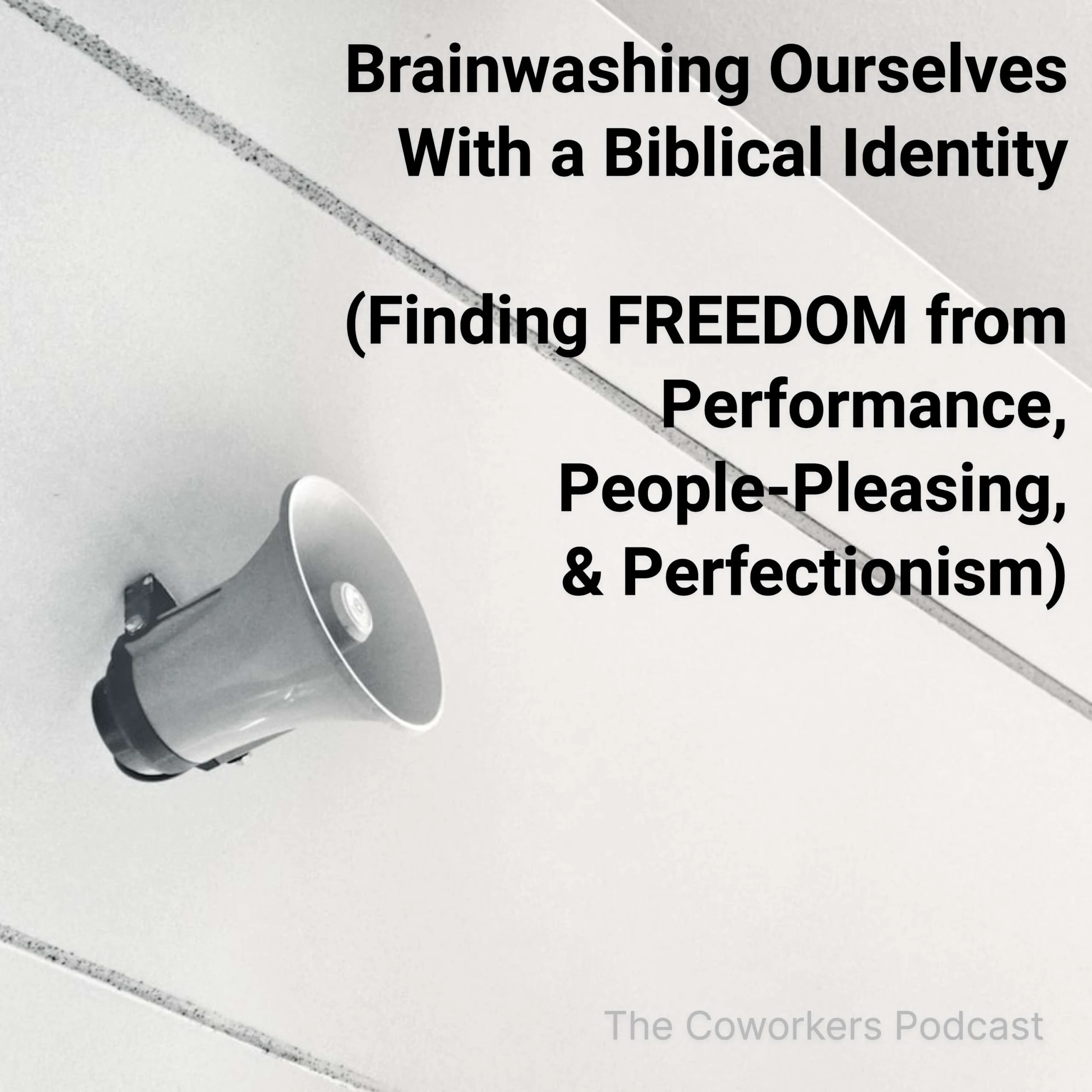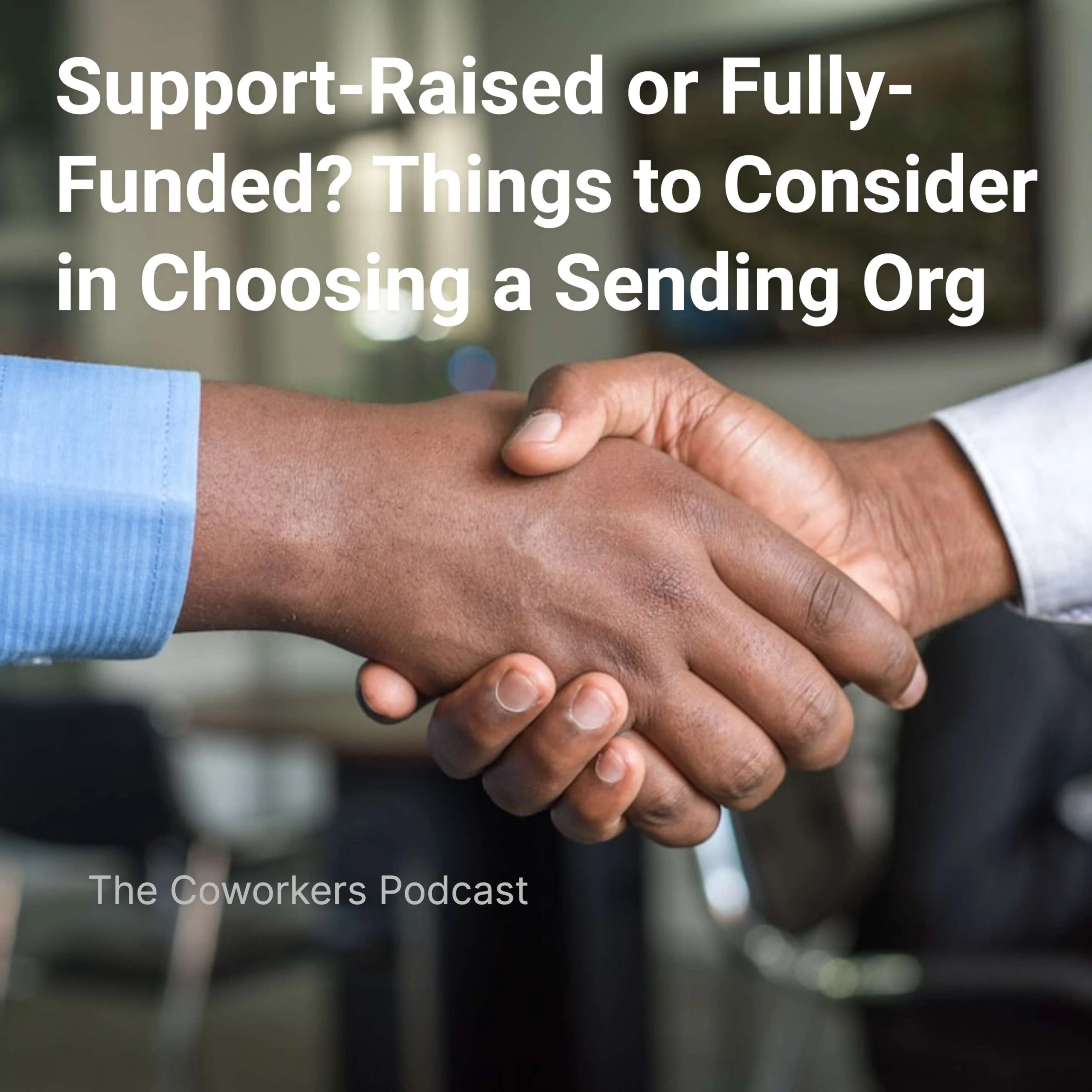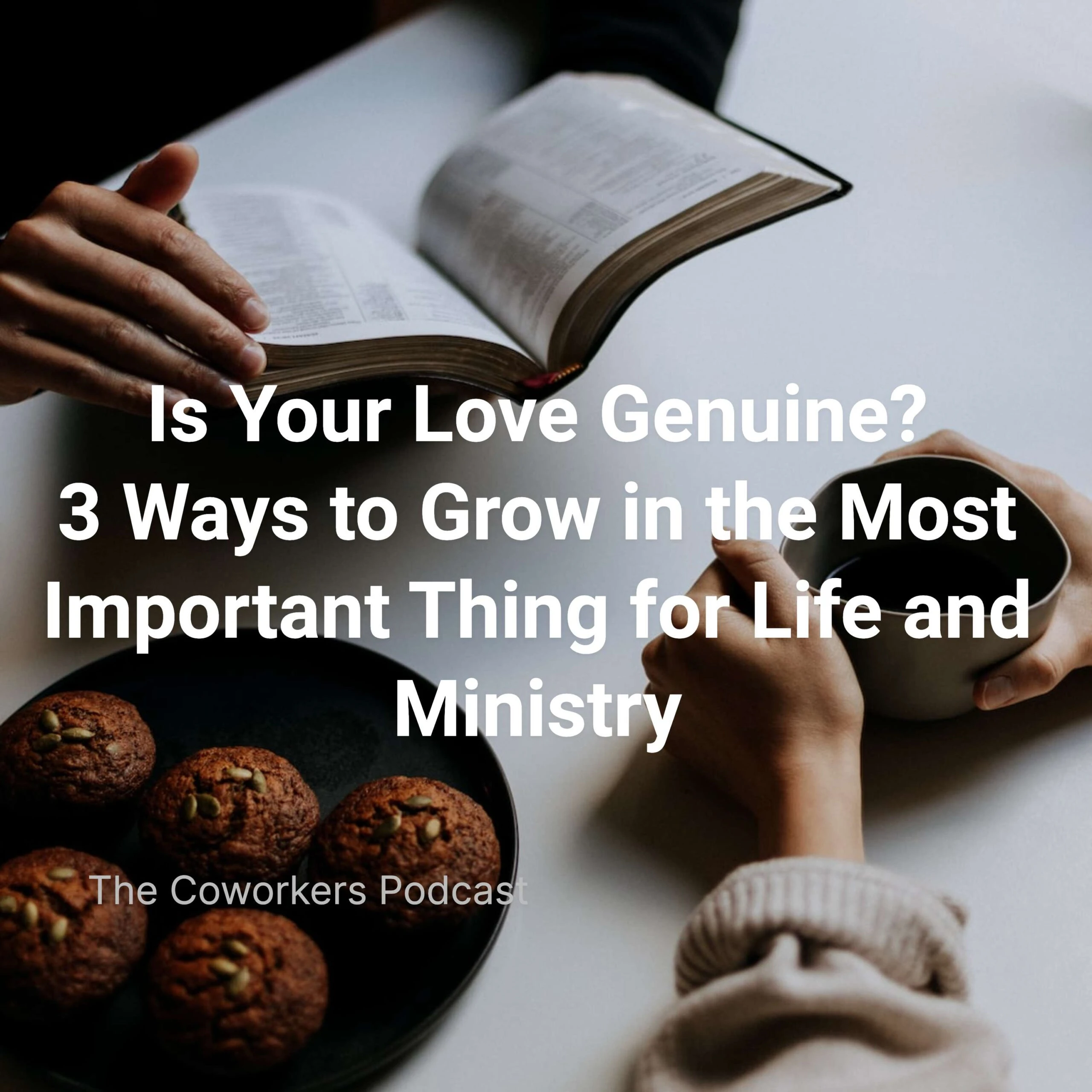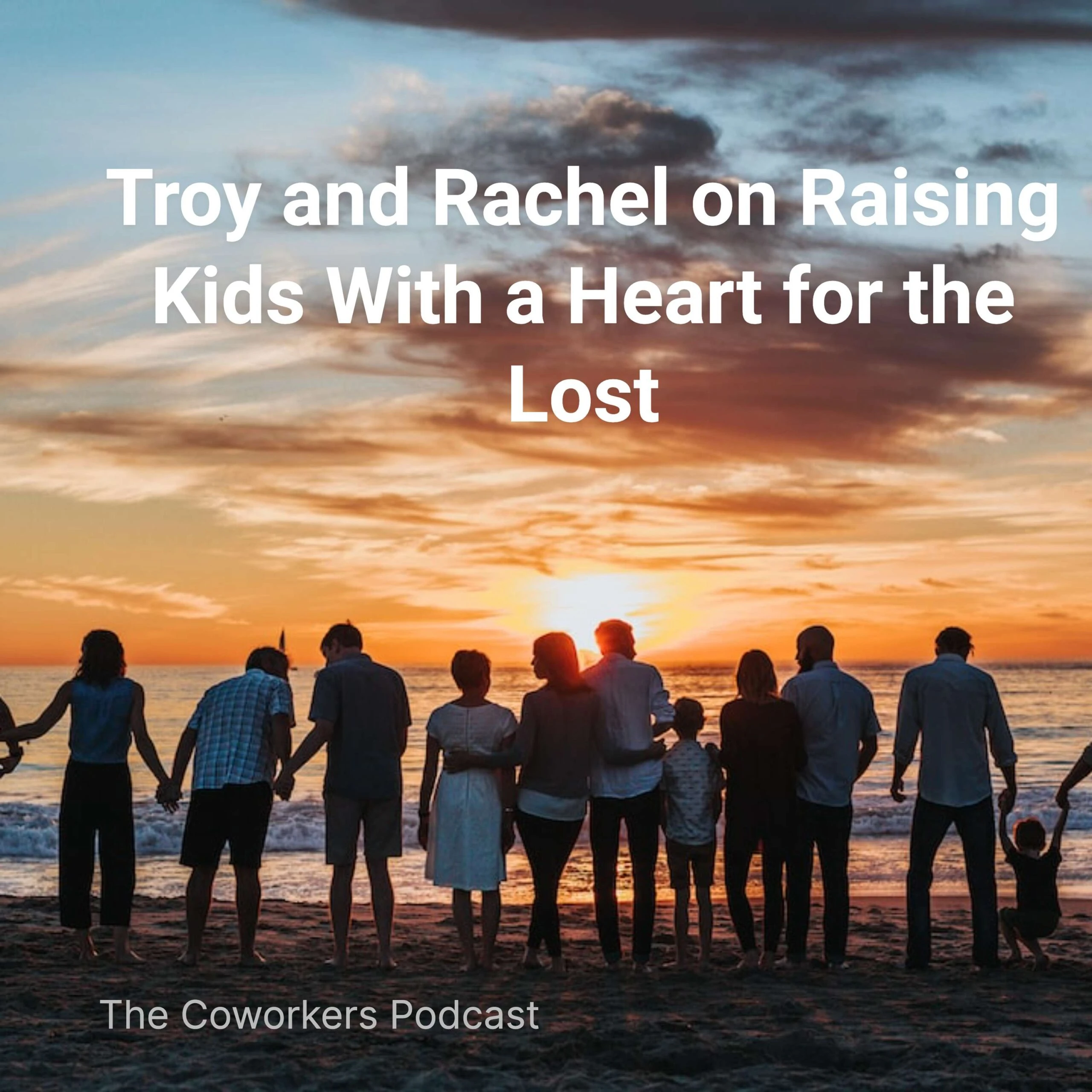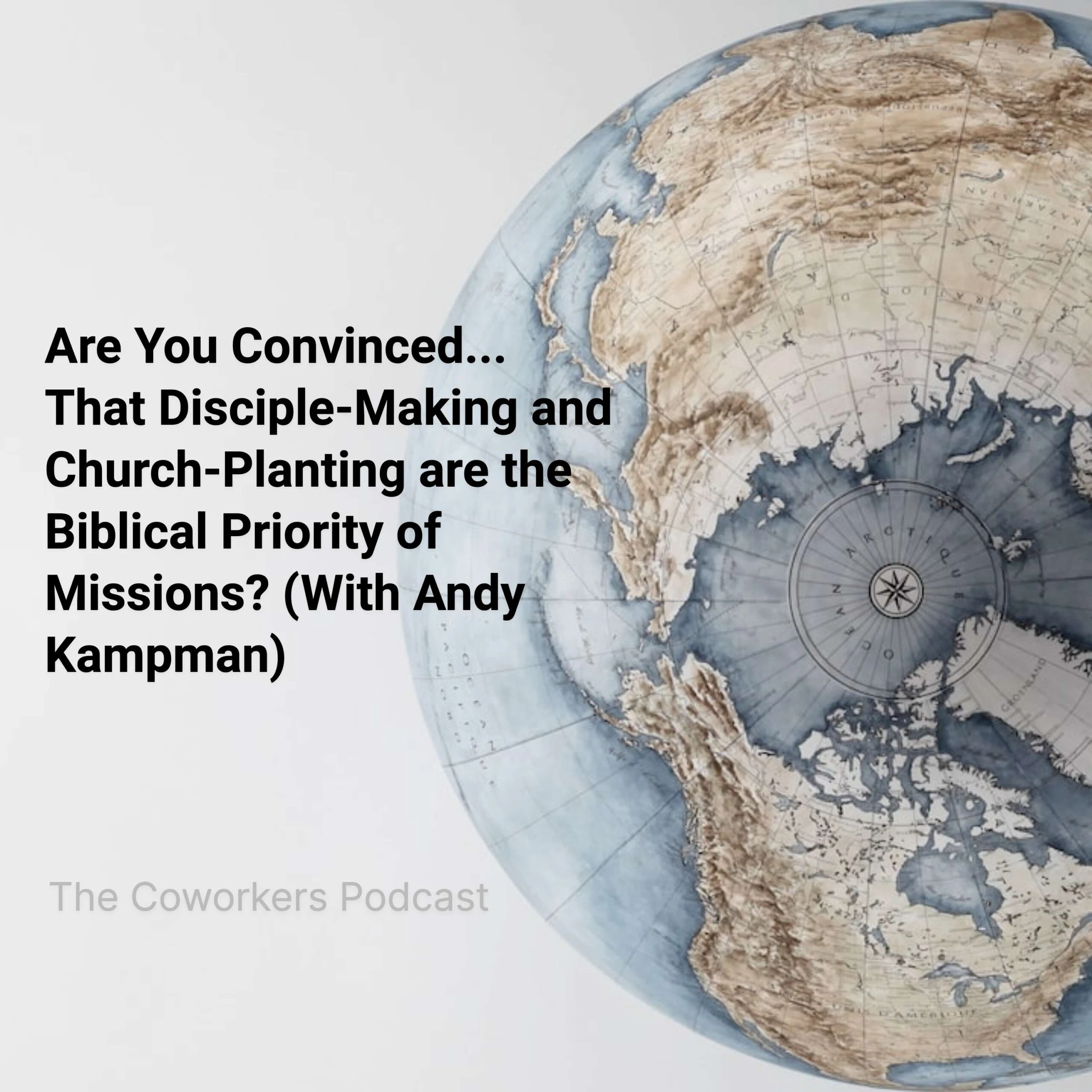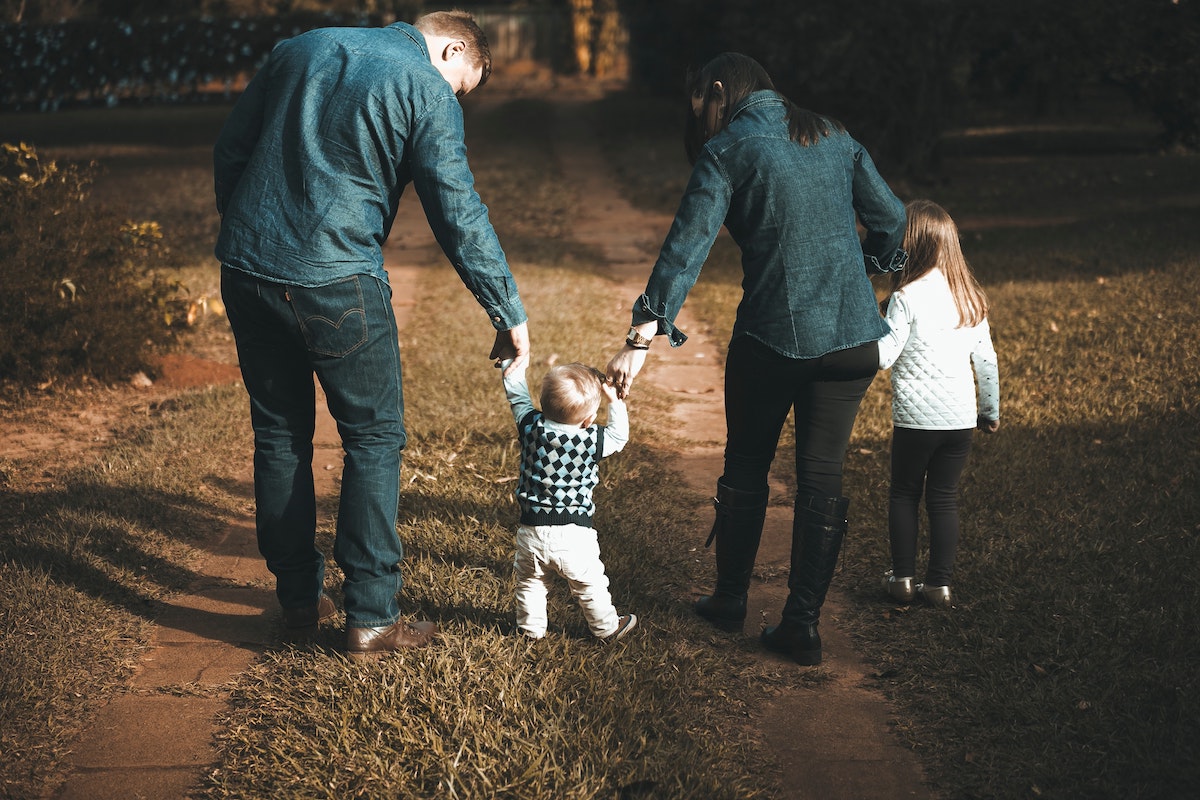
What to Say to Those in Grief
I, Shanee, share a blogpot I wrote in 2008, during a season of intense grief after our first daughter Priya went to heaven. I share 5 tips on what to say to those in grief.
EPISODE NOTES
From a blogpot that Shanee wrote in 2008 after the loss of their first daughter:
5 Tips on What to Say to Those in Grief:
Tip #1: Never minimize the person’s pain.
Do not try to minimize or reason away the person’s pain. This is never helpful. After experiencing significant loss, the healthy and normal thing for someone to do is to cry and be incredibly upset. Give people the freedom to do that! Comments like, “Oh, you’ll have another baby,” or “Lots of people have miscarriages,” don’t really help. Instead, say something like, “That is just awful. I am so sorry for you. That must be really difficult. I can’t imagine losing a child.” Grieving people want to be affirmed that what they have experienced is difficult. If people make little of it, then the grieving person does not feel freedom to grieve around others.
Tip #2: Acknowledge the loss.
Do not think, “I don’t want to bring it up and make her cry.” A grieving person is thinking about his loss on and off throughout his day (even if he appears to be fine). It’s not like when someone mentions Priya to me I think, “Oh, I had forgotten all about the fact that my daughter died. I wish they wouldn’t have brought that up.” And if you mentioning Priya to me makes me cry, that’s OK; just be OK with me crying in front of you. When you see someone that has recently experienced a tragedy, especially the first time you see that person, I think it’s usually good and safe to say, “I’m so sorry. I have been praying for you. Do you want to talk about it?” That let’s the person know you care, and gives him the freedom to talk about it.
Tip #3: Don’t try to fix it.
There is no “quick fix” to the loss of life. It is not your responsibility to make a grieving person happy; you can’t. Just accept that and be willing to grieve with him. You don’t have to find solutions; you don’t have to always remind him of all that he has to be thankful for. Again, just sit with him and grieve with him.
Tip #4: Comfort with the Truth, not fluff.
The Truth is the only real source of comfort for a hurting person, especially a follower of Jesus. And the Truth comes only from God’s Word. Many people have said things like, “God just needed another angel,” or “Priya is up there flying around.” I know these are meant to be sweet, comforting comments, and I accept them with thankfulness (again, intent not content). But in reality, Priya is not an angel; she is a baby, a person. If we want to comfort someone, we should say truthful statements that are sure and not just speculation. These are the things that are an anchor for the grieving person, especially a follower of Jesus. Remind me that Priya is in heaven. Remind me that God is in control. Remind me that somehow this fits into God’s plan. Remind me that God loves me and will bind up my wounds. Remind me that I will see Priya again someday. These are the things I must cling to every day. We must trust that God’s Word is real and active, and that if we speak His Word to others, God will use it to comfort them.
Tip #5: Do not judge the grieving person.
In the first few months after a major loss, grieving people are extra-sensitive and vulnerable. After we lost Priya, I was overwhelmed with shock and sadness, and I just wanted the freedom to cry when I felt like crying and not cry when I didn’t feel like it. But I was concerned with what people thought of how I was handling it (I shouldn’t have been concerned with this, but I was). I felt like people were often evaluating how I was “doing”. If I cried too much, someone would say, “Oh, she’s really taking it hard.” If I didn’t cry (at least in front of them), then they would say, “I don’t think she’s really letting herself grieve…..it’s really going to hit her one day.” This is mainly my problem, the grieving person’s problem, but as I said, during grief, one tends to be extra-sensitive. When we’re trying to comfort those in grief, we should remember this and hold off on judging how they’re “doing.” Everyone grieves differently. A grieving person does not want to prove to others that he is “grieving well.” Whatever we have gone through, we cannot fully understand someone else’s pain, and we normally only see a small portion of their grief. So we should hold back judgment and give grace.
I have not researched this fully, but from what I have found lately, I think the Bible supports at least some of these thoughts. The Bible is clear that pain is real. Many of David’s Psalms refer to his pain, for example:
“Every night I flood my bed with tears…the Lord has heard the sound of my weeping…” (Psalm 6).
“You have kept count of my tossings, put my tears in your bottle. Are they not written in your book?” (Psalm 56).
“All my longing is before you; my sighing is not hidden from you” (Psalm 38).
“This is my comfort in my affliction, that your promise gives me life” (Psalm 119:50).
“In the shadow of your wings I will take refuge, till the storms of destruction pass by” (Psalm 57).
Losing our daughter has given us a desire to respond to the hurting with compassion, to be willing to truly “mourn with the mourning.” We pray that God will use these lessons that He has been teaching us to help the church comfort the hurting.







